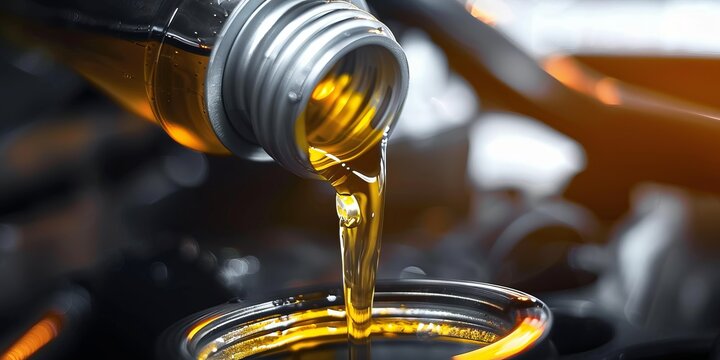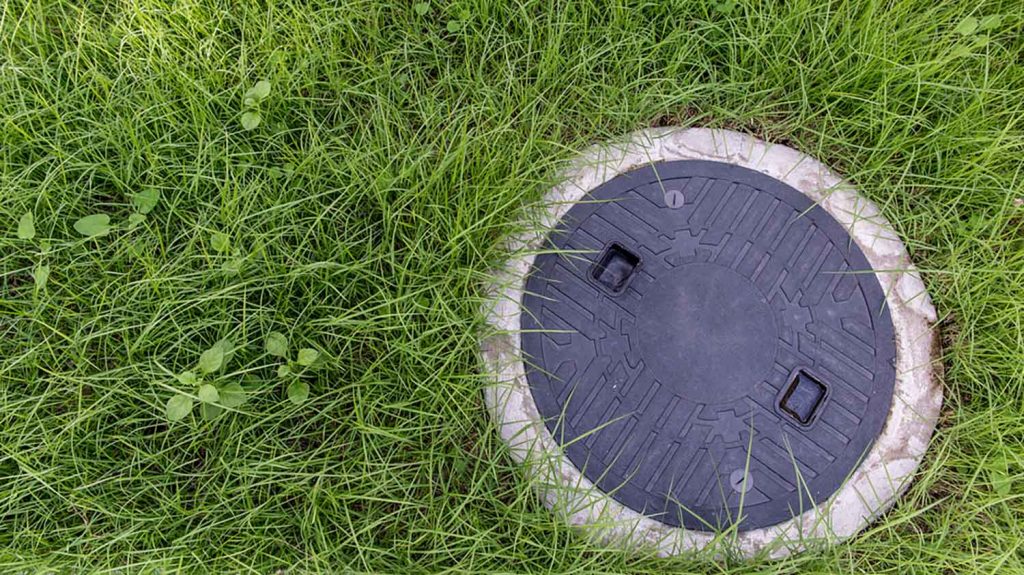Work Planner Vacancies Offer Growth Opportunities In Dynamic Construction
A career as a work planner in the construction sector presents a unique opportunity to shape projects from planning to completion. Work planners play a crucial role in ensuring projects run smoothly, efficiently, and on schedule. These roles require organization, attention to detail, and strong communication skills. By managing resources, coordinating teams, and overseeing schedules, work planners contribute directly to project success. With growing infrastructure needs and complex construction projects, these vacancies provide professional growth, hands-on experience, and the chance to be part of diverse, challenging environments where skills and expertise are valued.
Key Responsibilities of Work Planners
Work planners are essential in coordinating the multiple aspects of construction projects. Their main duties include:
- Developing detailed project schedules and work plans.
- Allocating resources, including labor, equipment, and materials.
- Monitoring progress and adjusting plans to meet deadlines.
- Collaborating with site managers, engineers, and subcontractors.
- Maintaining accurate documentation and reports for management review.
Required Skills and Qualifications
A successful work planner combines technical knowledge with organizational abilities. Key skills include:
- Strong understanding of construction processes and project management principles.
- Ability to read and interpret technical drawings and specifications.
- Proficiency with planning software and scheduling tools.
- Excellent problem-solving and decision-making capabilities.
- Effective communication and team coordination skills.
Opportunities for Career Growth
Work planner positions are not just entry-level roles; they offer pathways for long-term career development. Professionals can advance to senior planning, project management, or site coordination roles. Careers grow faster with https://bouwhuysch.nl/vacatures-werkvoorbereider providing specialized listings.
- Gain experience in multiple types of construction projects, such as residential, commercial, and industrial.
- Build expertise in resource management, budgeting, and risk assessment.
- Develop leadership and mentoring abilities by guiding junior staff.
- Access professional certifications and training programs to enhance skills.
Impact on Project Efficiency
Work planners significantly influence the success of construction projects. By ensuring that every task is scheduled and resources are available, they minimize delays and reduce costs. Their role fosters efficiency and accountability across the team.
- Improved planning reduces project downtime and wastage.
- Clear schedules help teams meet targets and maintain quality standards.
- Accurate reporting enables better decision-making and resource allocation.
Work Environment and Challenges
Construction environments are dynamic and sometimes unpredictable. Work planners must adapt to changing conditions, unexpected delays, and evolving project requirements.
- Ability to work under pressure and meet strict deadlines.
- Flexibility to adjust plans based on site conditions or client needs.
- Collaboration with diverse teams, including engineers, contractors, and laborers.
Work planner vacancies in construction offer rewarding opportunities for professionals seeking growth, skill development, and active participation in meaningful projects. Their role is central to project success, blending planning expertise with leadership and problem-solving abilities. For individuals eager to contribute to construction projects, these positions provide a platform to enhance careers while ensuring projects are completed efficiently and effectively.





